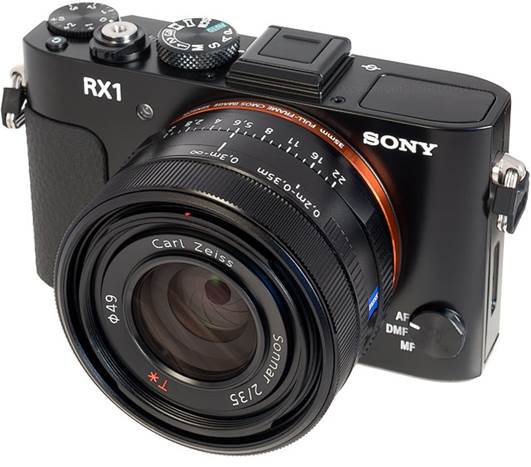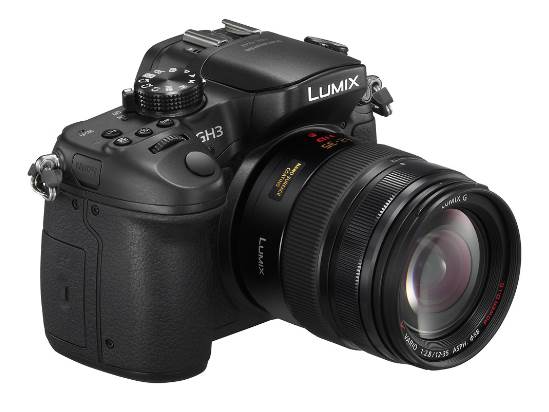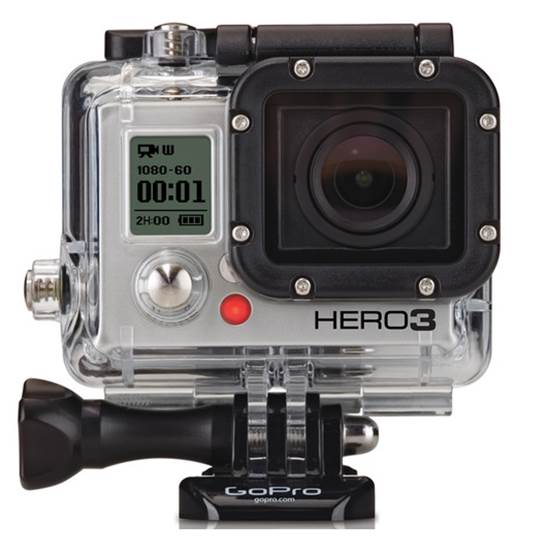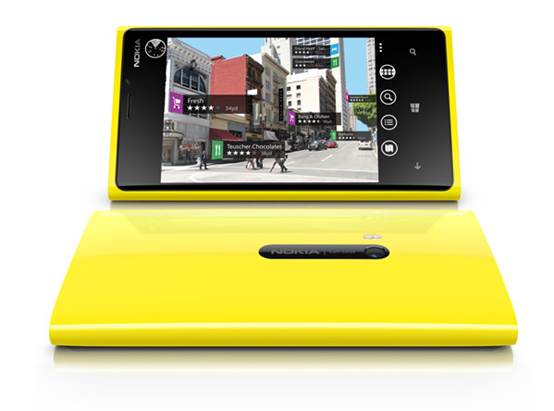Cameras
We expect several trends to emerge in
connection with this year’s new cameras.
Big sensors in small cameras
Several excellent premium compact cameras
have been released in the past few years, but 2012 was an especially innovative
year for the category. That’s because the image sensors in these pocket-size
cameras are getting much bigger and much better, and we’re reaching the point
where a pocket able camera will offer the image quality of a dSLR.
The marquee models for this trend are
Sony’s Cyber-shot RX100 ($720), a compact camera with a sensor nearly three
times large than the ones found in cameras of similar size, and the ones Sony
Cyber-shot RX1 ($3,750), which offers a full-frame sensor that’s bigger than
those in most consumer dSLRs. Big sensors translate to outstanding images,
especially in low-light settings. As other camera companies unveil their own
big-sensor pocket cameras, we’re betting that this trend is just getting
started.

Sony’s
RX1 offers a full-frame sensor
And that just covers the point-and-shoots.
In dSLR-land, full-frame sensors are showing up in more moderately priced
camera bodies. Before the latter half of 2012, a full-frame dSLR fetched at
least $3,000, but two more recent dSLRs – Nikon’s D600 and Canon’s EOS 6D –
sell for less than $1,950 each (without a lens). That’s not cheap, but it’s
cheap for full-frame. Expect that more-for-less theme to continue.
Strong sales for dSLRs and mirror less
cameras
Fewer people have been buying basic
point-and-shoot cameras over the past few years, thanks to the convenience and
improved capabilities of camera-equipped smartphones. Cameraphones are
sufficient for handling everyday photography, but they’re also introducing many
casual shooters to the fun of photography from which they develop an interest
in higher-quality cameras that capture noticeably better photos.
According to estimates by the Consumer
Electronics Association, dSLRs sales are expected to increase by 13 percent
over 2011, while point-and-shoot sales will continue to trend downward by
nearly 8 percent. And first-time dSLRs owners will have a number of
easy-to-use, well-priced options to choose from you can find several good dSLRs
for $450 to $900 with a bundled lens.
Compact system or mirror less cameras have
also matured nicely. Compared with just last year, the mirror less category
offers many more lens options to choose from, smaller bodies, and cameras built
for both beginners and seasoned shooters.
App cameras and connected features
Wi-Fi-enabled cameras aren’t new- they’re
been around since the Kodak EasyShare One debuted in 2005. However, we’ve never
seen as many connected cameras as we have in the past year, and certainly not
as many high-end models with wireless-sharing features.
Wi-Fi sharing is now an option in dSLRs and
compact interchangeable-lens cameras, not just in basic point-and-shoots.
Canon’s full-frame EOS 6D dSLR, Sony’s new NEX-6 and NEX-5R
interchangeable-lens cameras, and Panasonic’s Lumix GH3 mirror less camera all
offer Wi-Fi sharing features to complement their high-end imaging and video
capabilities. Sony’s latest NEX cameras also run proprietary,
add-as-you-go-apps that let you extend the camera’s functionality over time.

Panasonic’s
Lumix GH3
On the point-and-shoot side, the
21x-optical-zoom Samsung Galaxy Camera is the most ambitious of the new breed,
as it offers 4G and 3G connectivity, runs Android 4.1 and all its compatible
apps, and boasts a huge 4.8in touchscreen. Nikon’s Coolpix S800C compact camera
also runs Android. Wireless sharing, apps and smartphone-like features are
bound to find their way into many more cameras in the next year.
4K/Ultra HD camcorders and dSLRs
Much hype has surrounded 4K (or Ultra HD) TV
recently and you’ll see a few sets released in 2013. But Ultra HD is still a
few years from being mainstream-ready, in large part because not a lot of 4K
content iOS available for viewing. And no wonder: at 3840x2160 lines, 4K
footage has four times the resolution of 1080p video.
Right now, the cameras and camcorders
capable of capturing 4K footage are professional-level models, most of which
cost thousands of pounds. The exception is the rugged $375 GoPro Hero3 camera,
which can capture 4K video, but only at a sluggish rate of 15 frames per
second.

GoPro
Hero3 camera
In the coming year, watch for more
video-capable dSLRs and high-end consumer camcorders that can capture 4K video.
These models will be strictly for the early-adopter crowd – very expensive and
storage-hungry and, unless you’ve already bought a 4K TV or projector, will you
notice the difference when viewing favorite videos? Highly unlikely.
Phones
Your current, top-of-the-line smartphone
will be outdated by this time next year. That’s not entirely a bad thing:
advances in mobile technologies come at an astonishing pace, and smartphones
will continue to get smarter and better as time goes on, so while you may think
your current phone has a lot of nifty features, your next smartphone will be capable
of even more.
By looking at today’s smartphones, we can
get a sense of the kinds of features smartphone makers will focus on in the
coming months. Here are some of them.
Wireless charging
This isn’t anything new: for years now,
you’ve been able to wirelessly charge your smartphone, thanks to battery cases
and charging pads from companies such as Duracell and Energizer. Only recently,
however, have we started to see smartphones with inductive charging coils built
into the handset itself, obviating the need for special cases or battery packs
to wirelessly charge the phone. You can recharge models such as the HTC One X+
and Nokia Lumia 920 with any wireless charger that supports the Qi standard,
and more Qi-compatible handsets are expected in coming months.

Nokia’s
Lumia 920 charges wirelessly
Quad-core becomes the norm
Phones with quad-core processors may be
newcomers, but we expect that they will quickly become standard in 2013. These
processors let you run more-advanced apps on your smartphone, and they are
especially good for playing games with HD graphics. If you still use a phone
that has a single-core processor, it may be time to consider upgrading to
something with a little more oomph.
Bigger screens
The era of smartphones equipped with small
screen is quickly coming to an end. Most of the phones released in 2012 have
screens measuring 4.3in-plus, and that trend seems likely to continue in 2013.
While having a large screen makes a phone difficult to use in one hand, the
extra screen space has some significant benefits: you can view more content
without constantly having to zoom in and out, and typing on the onscreen
keyboard is much more enjoyable, thanks to the button’s being larger and easier
to accurately tap.

Most
of the phones released in 2012 have screens measuring 4.3in-plus, and that
trend seems likely to continue in 2013
NFC becomes big (again)
Yes, it’s this old song and dance. Last
year there were lots of predictions that near-field communication (NFC) would
take off in 2012, and here we are a year later saying that it will surely
happen in 2013. Plenty of phones today ship with an NFC chip, although many
manufacturers, retailers and customers don’t seem to know what to do with the
technology. Both Google and Microsoft let you use NFC to make purchases with
your phone, but most people are reluctant to give up their physical wallet for
a digital one. Samsung’s recent ad campaigns showing people sharing media via
NFC may help in demonstrating ways that eth technology can be useful for things
besides mobile payments, but broad acceptance of NFC won’t happen until the
public is ready.